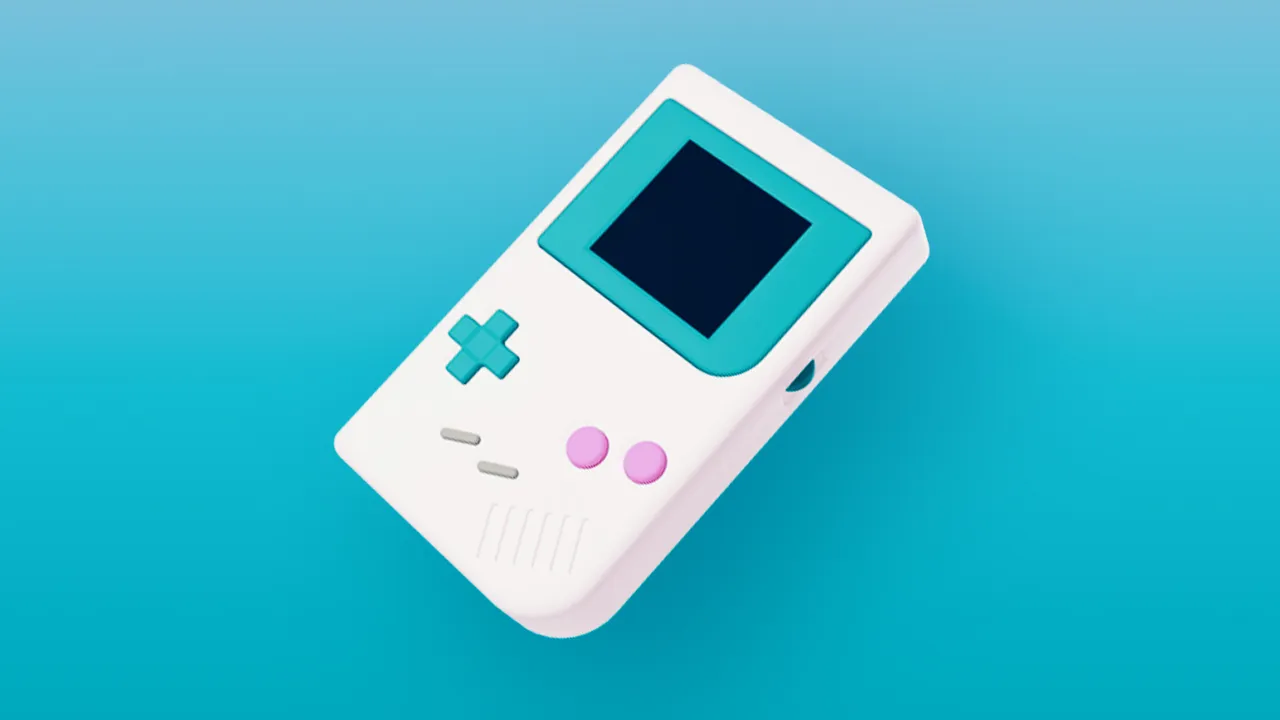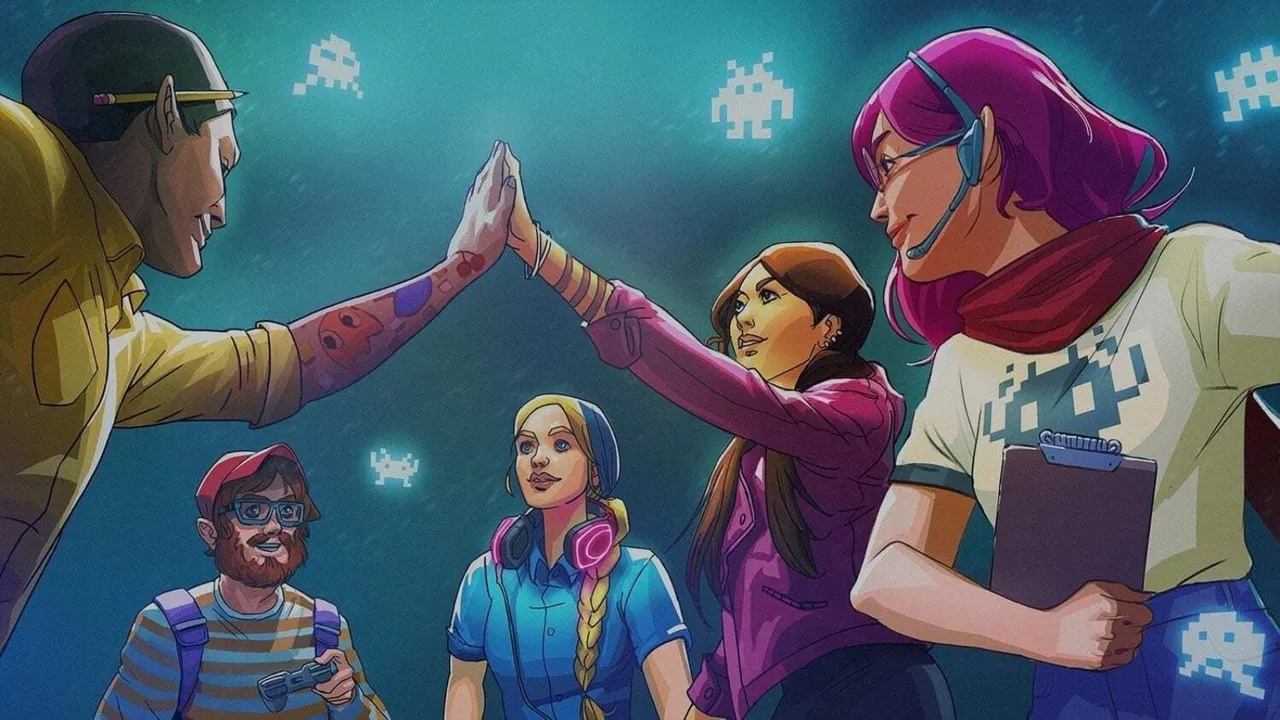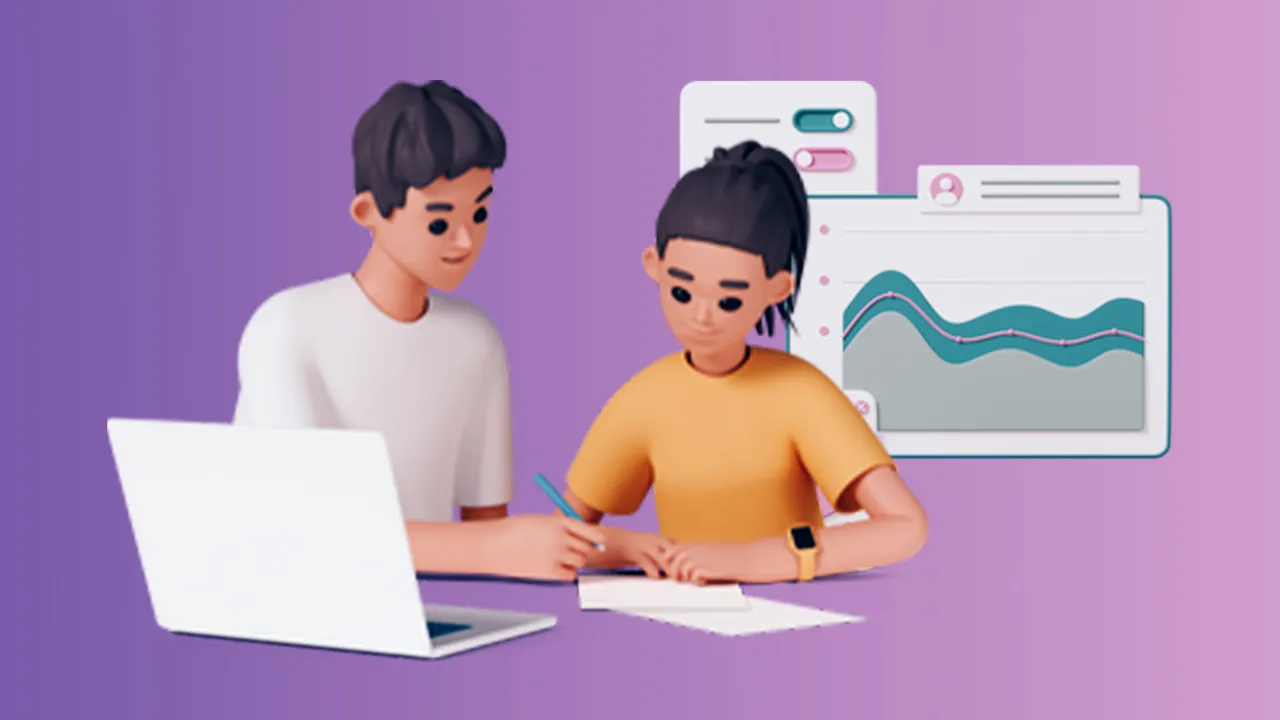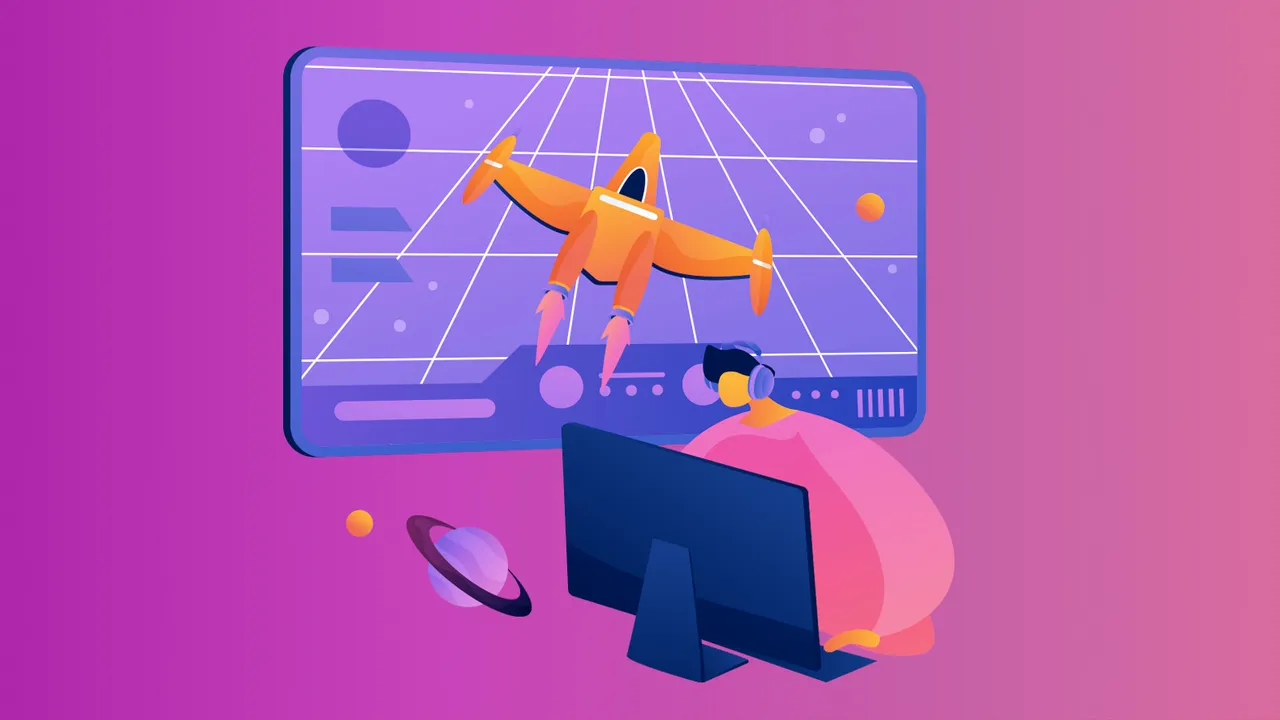Retro Video Game Jobs and Their Modern 2D Equivalents in Indie Games and Mobile Games

Introduction
The video game industry has evolved significantly over the years, but the love for retro games remains strong. As indie and mobile games continue to thrive, there is a demand for skills that were once essential in the creation of classic 2D titles. This article discusses some of the retro video game jobs and their modern equivalents in indie and mobile games.
Pixel Artist: In the era of retro gaming, pixel artists crafted detailed game art using a limited palette and resolution. Modern indie and mobile games often embrace the pixel art style, paying homage to the classics. Today's pixel artists continue to create visually appealing game assets, but with the advantage of more powerful software and hardware.
Chiptune Composer: Chiptune music, composed using the sound chips of early gaming consoles, is iconic in the world of retro gaming. Modern indie and mobile game developers often incorporate chiptune-inspired music to evoke nostalgia. Contemporary chiptune composers use modern tools to recreate the distinctive sound, while also incorporating new musical elements.
Game Designer: Retro game designers focused on crafting enjoyable experiences within the constraints of limited hardware. Today's indie and mobile game designers still prioritize gameplay, often focusing on simplicity and accessibility. Modern game designers have access to a broader range of tools and platforms, but the core principles of creating engaging gameplay remain the same.
2D Animator: Classic video games relied on 2D animators to bring their characters and environments to life. In today's indie and mobile game industry, 2D animators continue to create captivating animations that contribute to a game's overall aesthetic. While the tools and techniques have evolved, the artistic talent required to excel in 2D animation remains crucial.
Level Designer: Level design was a critical aspect of retro gaming, with designers creating challenging and engaging levels within hardware limitations. Modern indie and mobile game level designers still strive to create compelling experiences but often have more freedom and resources to work with, allowing for more complex and diverse level designs.
Game Programmer: Retro game programmers worked with limited resources, requiring efficient and optimized code. Today's indie and mobile game programmers also prioritize optimization, especially for mobile platforms with varying performance capabilities. While programming languages and tools have advanced, the need for skilled programmers remains constant.
QA Tester: Quality assurance (QA) testers have always played a crucial role in the video game industry, ensuring that games are bug-free and enjoyable. The demand for QA testers continues in the indie and mobile game sectors, as developers strive to deliver polished and engaging experiences on various platforms.
Localization Specialist: As the video game industry has grown, the need for localization has become more important. Localization specialists translate and adapt games for different regions and cultures, ensuring that the game's content is relevant and accessible. Retro game localization specialists focused on text translations, while today's specialists may also work with voice acting and cultural adaptations.
Marketing Specialist: In the retro gaming era, marketing specialists worked on promoting games through print media, television, and other traditional channels. Today's marketing specialists in the indie and mobile game sectors focus on digital platforms, utilizing social media, content marketing, and online advertising to reach a global audience.
Community Manager: While the concept of community management is relatively new, it plays a crucial role in the modern video game industry. Community managers engage with players, gather feedback, and foster a positive gaming environment. In the context of retro-inspired indie and mobile games, community managers can leverage nostalgia to build a dedicated fan base and facilitate interactions between developers and players.
Game Writer: Storytelling has always been an essential aspect of video games, even in the retro era. Game writers created immersive narratives and memorable characters within the constraints of limited technology. Today, game writers working on indie and mobile games continue to craft engaging stories, often drawing inspiration from retro gaming to create nostalgic experiences.
Sound Designer: Sound design played a crucial role in the atmosphere of retro games, creating immersive soundscapes and memorable sound effects. Modern indie and mobile game sound designers use advanced software and technology to produce high-quality audio but still often emulate the distinct sounds of retro gaming to evoke a sense of nostalgia.
Game Balancer: Game balance is vital for creating enjoyable and challenging gameplay experiences. Retro game balancers worked with limited resources, often relying on trial and error to fine-tune game mechanics. Today's game balancers use analytics and player feedback to optimize indie and mobile games, but the underlying goal of ensuring a well-balanced game remains the same.
Technical Artist: Technical artists bridge the gap between art and programming, ensuring that a game's visuals run smoothly on the target hardware. While the role of technical artist has evolved with advances in technology, their expertise is still valuable in indie and mobile game development, particularly when emulating the aesthetic of retro games.
Game Producer: Game producers oversee the development process, ensuring that projects are completed on time and within budget. In the retro gaming era, producers worked with smaller teams and more limited resources. Today's game producers working on indie and mobile games may still manage smaller teams, but they often have more tools and platforms at their disposal.
Game Tester: Game testers have always played a vital role in ensuring that games are polished and enjoyable. In the context of retro-inspired indie and mobile games, game testers are tasked with identifying bugs and providing feedback on gameplay mechanics to ensure that the final product meets the developer's vision.
UI/UX Designer: User interface (UI) and user experience (UX) design are critical aspects of any video game, including retro-inspired indie and mobile titles. Modern UI/UX designers work to create intuitive interfaces and enjoyable user experiences, often drawing inspiration from classic gaming to create a nostalgic feel.
Game Analyst: Game analysts study player behavior and game data to optimize gameplay and monetization strategies. While the role of game analyst has evolved alongside advances in data collection and analytics, their insights can be invaluable for indie and mobile game developers looking to create engaging and profitable games inspired by retro classics.
Customer Support: Customer support is essential for maintaining a positive relationship between players and game developers. In the context of retro-inspired indie and mobile games, customer support representatives must be knowledgeable about the game's mechanics, lore, and troubleshooting methods to assist players effectively.
Game Localization Tester: Localization testers play a crucial role in ensuring that a game's translations and cultural adaptations are accurate and effective. As the demand for retro-inspired indie and mobile games grows globally, localization testers help ensure that these titles are accessible and enjoyable for players worldwide.
Conclusion
The love for retro games has led to a resurgence of classic 2D gaming styles in the indie and mobile game sectors. Many of the jobs that were once essential in the creation of retro games are still relevant today, with professionals leveraging their skills and passion for the classics to create nostalgic and engaging gaming experiences for modern audiences. Why not see what 2D gaming jobs you can discover on Hitmarker by clicking here?
-
 Landing a Summer Internship in the Video Game Industry: The Ultimate Quick Guide
Landing a Summer Internship in the Video Game Industry: The Ultimate Quick Guide -
 Entry-level Jobs in the Video Game Industry: The Ultimate Guide
Entry-level Jobs in the Video Game Industry: The Ultimate Guide -
 Junior-level Jobs in the Video Game Industry: The Ultimate Guide
Junior-level Jobs in the Video Game Industry: The Ultimate Guide -
 Intermediate-level Jobs in the Video Game Industry: The Ultimate Guide
Intermediate-level Jobs in the Video Game Industry: The Ultimate Guide -
 Senior-level Jobs in the Video Game Industry: The Ultimate Guide
Senior-level Jobs in the Video Game Industry: The Ultimate Guide -
 Getting into gaming: Strategies for landing your first game development job with Katherine Mould of Keywords Studios
Getting into gaming: Strategies for landing your first game development job with Katherine Mould of Keywords Studios -
 Art and Animation Jobs in the Video Game Industry: An Overview
Art and Animation Jobs in the Video Game Industry: An Overview -
 Business Operations Jobs in the Video Game Industry: An Overview
Business Operations Jobs in the Video Game Industry: An Overview -
 Communications and Marketing Jobs in the Video Game Industry: An Overview
Communications and Marketing Jobs in the Video Game Industry: An Overview -
 Content Creation Jobs in the Video Game Industry: An Overview
Content Creation Jobs in the Video Game Industry: An Overview -
 Game Design Jobs in the Video Game Industry: An Overview
Game Design Jobs in the Video Game Industry: An Overview -
 Game Development Jobs in the Video Game Industry: An Overview
Game Development Jobs in the Video Game Industry: An Overview